How to use this calculator ?

Initial Amount

Additional Deposits

Deposit Frequency
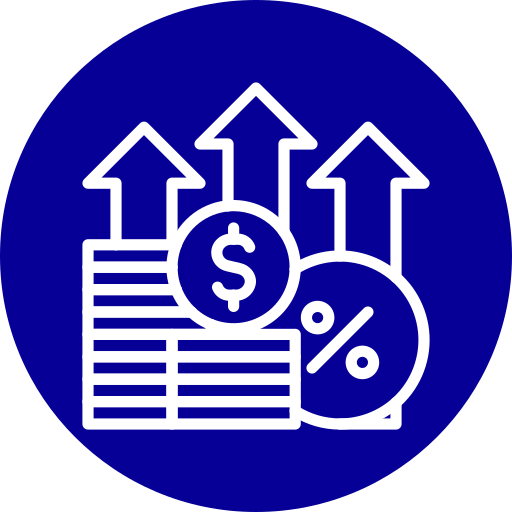
Annual Interest Rate

Number of Years

Click “Calculate”

Review the Result

Analyze and Plan

Repeat for Different Scenarios

Seek Professional Advice

What is compound interest ?
Compound interest is a fundamental financial concept essential in the realm of investing and savings, acting as a catalyst for exponential wealth accumulation over time. Unlike simple interest, which is based solely on the initial principal, compound interest factors in both the principal and the accrued interest from prior periods.
Essentially, compound interest enables your funds to generate returns not only on the original investment but also on the interest that has accumulated. This compounding effect leads to a snowball effect, where your earnings generate further earnings, creating a potent force capable of substantially enhancing the growth of your financial portfolio.
Why calculate compound interest ?
Calculating compound interest is a fundamental practice for anyone navigating the realm of personal finance, investing, or borrowing. The significance of this financial concept lies in its ability to showcase the potential growth or cost associated with an initial amount of money over time. Here are compelling reasons why calculating compound interest is a crucial aspect of financial planning:

Exponential Growth Potential

Financial Goal Planning

Debt Management Strategies

Informed Investment Decisions

Comparison of Investment Options
Examples of investment types where compound interest applies

Savings Accounts

Certificates of Deposit (CDs)

Stock Market Investments

Mutual Funds

Bonds with Coupon Payments

Annuities and Life Insurance

Real Estate Investments
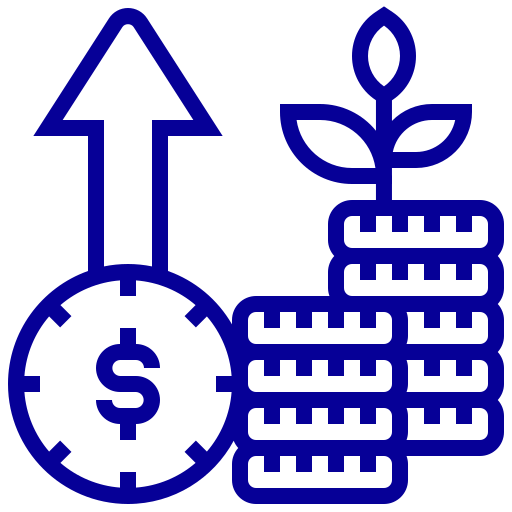
Loans with Compound Interest
It’s important to note that while compound interest can play a significant role in these types of investments, other factors such as interest rates, risks, and economic conditions should also be considered when making financial decisions.
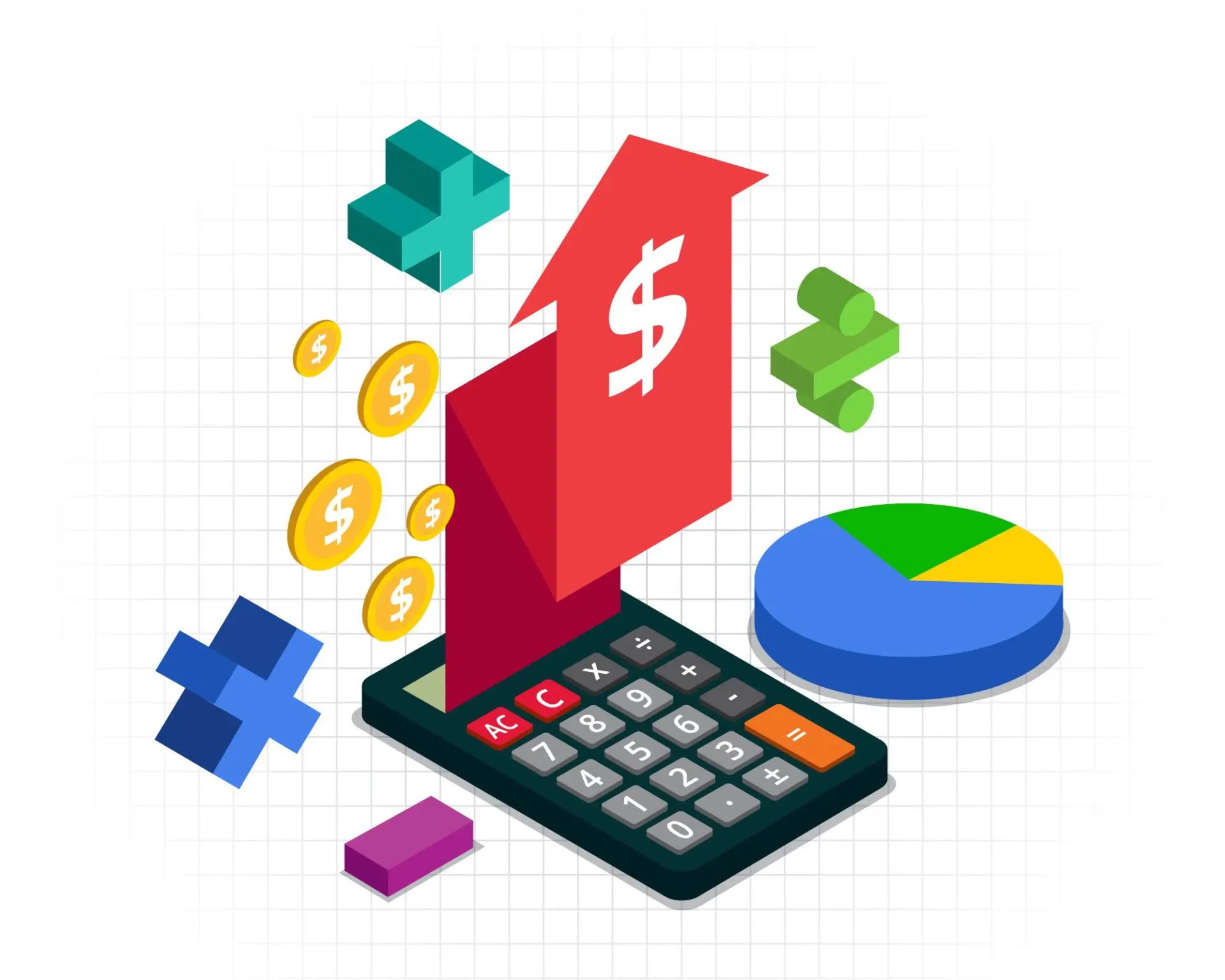
Compound interest formula
A=P×(1+nr)nt
Where:
- A represents the future value of the investment or loan, including interest.
- P is the principal amount (initial investment or loan amount).
- r denotes the annual interest rate (in decimal form).
- n is the number of times that interest is compounded per year.
- t represents the number of years the money is invested or borrowed for.

Einstein on Compound Interest : "The Eighth Wonder Unveiled"
Albert Einstein, renowned for his groundbreaking contributions to physics, once made a statement that transcends his scientific realm and delves into the financial universe. Although the exact origin of the quote remains debated, it is often attributed to Einstein, who purportedly referred to compound interest as the “8th wonder of the world.”
While Einstein’s primary focus was on unraveling the mysteries of the universe, his acknowledgment of the profound impact of compound interest underscores its universal significance. So, why did the genius scientist bestow such praise upon this financial phenomenon?

The Exponential Power of Growth

Time, the Ally of Compound Interest

Universal Applicability

While the authenticity of the quote may be disputed, the essence of Einstein’s purported admiration for compound interest resonates with financial experts and enthusiasts alike. It serves as a reminder that the power of compounding is not limited to scientific principles but extends into the financial realm, influencing the accumulation of wealth over time.
In conclusion, whether or not Einstein explicitly called compound interest the “8th wonder of the world,” his supposed sentiment encapsulates the profound impact this financial concept can have on individuals’ financial well-being. As we navigate the complexities of investments and savings, Einstein’s nod to the magic of compound interest encourages us to harness its potential for a more secure financial future.
Simple Interest vs Compound Interest
In the world of money, two key players, simple interest and compound interest, influence how your savings and loans grow. Let’s dive into the basics without getting too technical and explore how these two methods shape your financial journey.
Understanding the Basics
Simple Interest: Imagine you lend $1,000 to a friend with a simple interest rate of 5% per year. With simple interest, you earn $50 each year (5% of $1,000) regardless of how much time has passed.
Compound Interest: Now, let’s say you invest the same $1,000 but with compound interest at the same 5% rate. With compounding, your interest isn’t just based on the original $1,000; it includes the interest you’ve already earned. Over time, your money starts growing faster, kind of like a financial snowball effect.
Time and Impact
Simple Interest: Simple interest is straightforward. You know exactly how much you’ll earn each year. But here’s the catch: it doesn’t build on itself over time.
Compound Interest: Compound interest, on the other hand, takes the interest you’ve earned and adds it back into the pot. So, in the next year, you’re not just earning interest on your initial $1,000; you’re earning interest on the $1,050 (or more) you already have. This can make a big difference over the years
Real-World Implications
Simple Interest: Picture simple interest like a short-term agreement. It’s like getting a set amount for letting someone borrow your money for a while. Good for simplicity, but not the best for long-term growth.
Compound Interest: Now, think of compound interest as the engine behind long-term growth. It’s like planting a seed that grows into a strong tree over the years. Compounding allows your money to work smarter, not harder, creating a more significant impact over time.
Everyday Comparison
Simple Interest: Simple interest is like earning a fixed amount for mowing your neighbor’s lawn every week. It’s steady, but it won’t grow beyond what you agreed upon.
Compound Interest: Compound interest is akin to investing in a garden where each year, not only do you get tomatoes from the initial plants, but also from the seeds those tomatoes dropped last year. The more time goes by, the more tomatoes you get!
In the end, the choice between simple and compound interest depends on your financial goals. Simple interest is like a short sprint, while compound interest is the marathon runner’s secret. Understanding how they work empowers you to make informed decisions about your money’s journey, whether you’re saving for a goal or navigating loans.
Compound interest and History
The concept of compound interest has deep roots in the annals of financial history, evolving over centuries to become a fundamental principle in modern finance. Let’s embark on a journey through time to explore the intriguing history of compound interest.

Ancient Beginnings
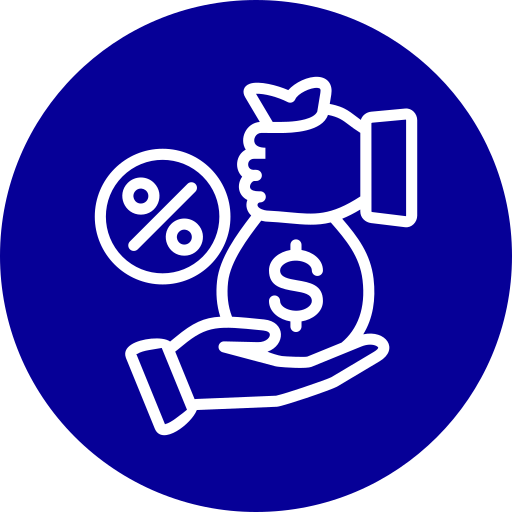
Medieval Europe

Rise of Modern Banking

The Birth of Compound Interest

The Age of Enlightenment

Industrial Revolution and Financial Innovation

20th Century and Beyond
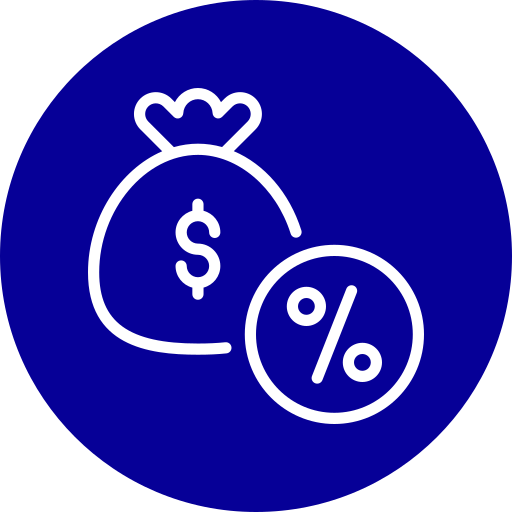
Contemporary Applications

Conclusion
The Power of Compound Interest in Financial Education
n today’s financial landscape, grasping compound interest is essential for enduring financial stability and success. It’s a fundamental aspect of financial education, showing how money grows over time. Compound interest, often termed the “magic of compounding,” demonstrates how even small contributions can lead to significant wealth accumulation. Integrating compound interest into education from an early age equips individuals with essential financial skills. Real-life examples and interactive exercises enhance understanding, while technology facilitates engaging learning experiences. Ultimately, understanding compound interest empowers individuals to make informed decisions, plan for the future, and achieve their financial goals.
Limits of Compound Interest
While compound interest is a powerful force for financial growth, it’s essential to recognize that, like any tool, it has its limitations. Understanding these constraints is crucial for making informed financial decisions and setting realistic expectations. Let’s explore some of the boundaries and limitations of compound interest.

Diminishing Marginal Returns

External Factors
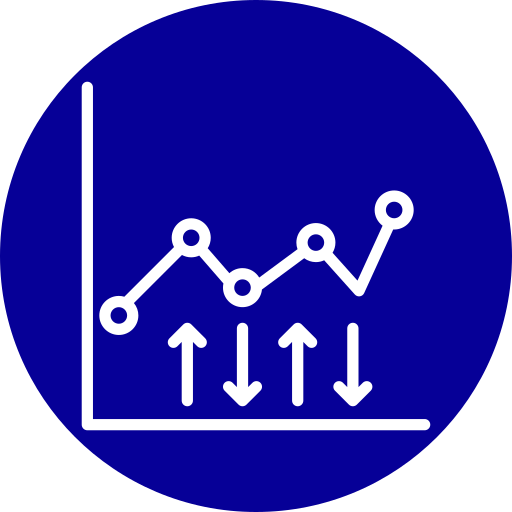
Market Volatility
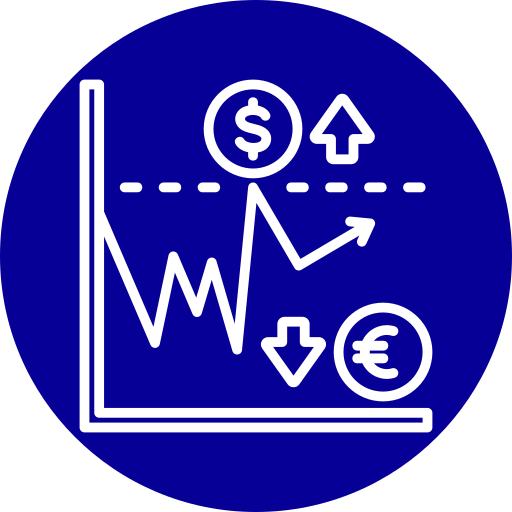
Inflation’s Erosive Effect

Initial Capital Matters

Access to Investments

Withdrawals and Tax Implications

Psychological Impacts
In conclusion, while compound interest is a remarkable force for wealth accumulation, acknowledging its limitations is essential. Realistic expectations, a diversified approach to investment, and an awareness of external factors can help individuals harness the power of compound interest more effectively and navigate its boundaries with confidence.
Frequently Asked Questions (FAQ)
Compound interest involves not only earning (or owing) interest on the initial amount but also on the accumulated interest over time. This creates a compounding effect, leading to exponential growth (or increase) of your money.
Compound interest considers both the principal and accumulated interest, leading to more rapid growth compared to simple interest, which is calculated solely on the initial principal.
Compound interest is widely used in financial products like savings accounts, CDs, investments, and loans. It’s a key element in long-term financial planning.
While compound interest can foster substantial growth, it’s crucial to consider factors such as interest rates, time, and economic conditions. In some cases, like high-interest loans, it may lead to increasing debt.
Compounding frequency varies, ranging from annual to daily, depending on the terms of the financial product or agreement.
Yes, in certain arrangements, like loans with high-interest rates, compound interest can contribute to growing debt if not managed carefully.
Disclaimer : These are general explanations, and the specific application of compound interest may vary. Always seek advice from financial professionals for personalized guidance.
